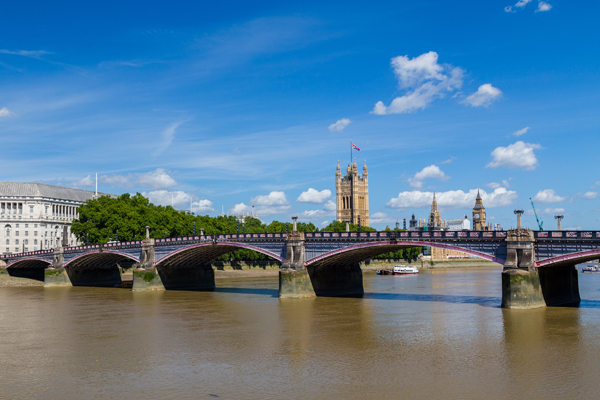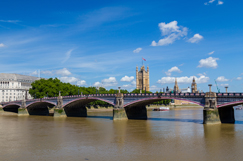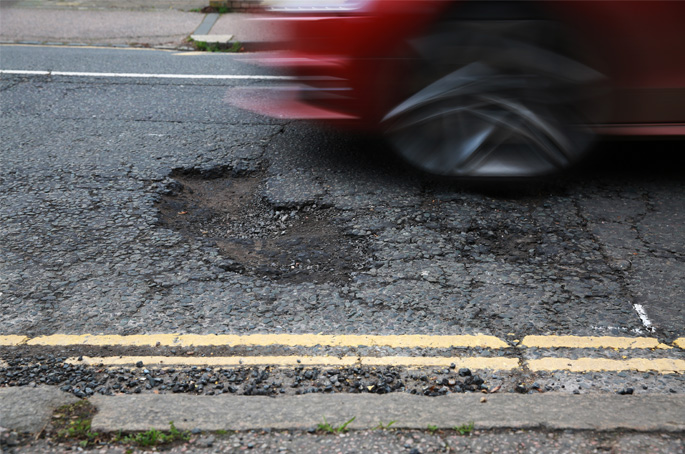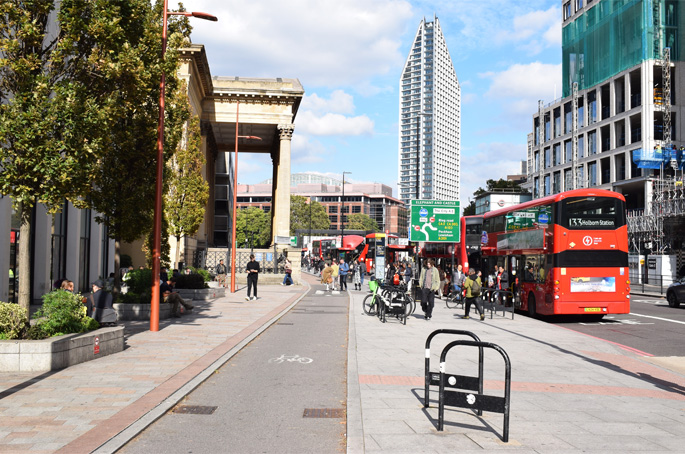Transport for London (TfL) is set to deliver the full programme of improvements and renewals for 2024/25 following 'difficult decisions' and a £250m capital injection from the Government.
The transport authority said it has always been clear that it could fund around 75% of its capital investment programme in its business plan for 2024-25 but required government support.
The Government has confirmed that it will provide £250m capital funding over the next year, however TfL said this was only half the amount needed.
As a result the transport authority said ‘difficult decisions' had been made to ensure the draft improvements and renewals infrastructure plans could continue and London's Finance Committee could agree the business plan via delegated authority.

TfL says it will improve Lambeth Bridge and make it safer
Capital spending under the heading of 'safe and healthy streets' includes new cycleways and safer junctions, while 'streets, buses, and rail and sponsored services' renewals include renewing major road, bridges and tunnels.
TfL said measures to financially balance the plan include rephasing the timing of payments under the contract with Siemens Mobility, which is delivering the new Piccadilly line trains that are currently under construction.
Mayor Sadiq Khan said: ‘These past few years have been the most challenging in TfL's history, but following a programme of work to rebuild ridership, increase income and reduce costs, I'm pleased that TfL is now on track to be financially sustainable for the first time in its history in terms of its day-to-day operations.
‘As the Government has only provided half of the capital funding that TfL needs, TfL has had to make difficult decisions about their business plan to ensure they can continue to make vital upgrades to London's transport network.
'That's why it is still vitally important that we agree a sustainable long-term funding settlement from the Government that allows us to plan and invest for the infrastructure London will need over the coming decades.'
TfL said its Business Plan, which runs until the end of 2026-27, continues to assume that from 2025/26 onwards 50% of its major capital investment programmes, such as for rolling stock and signalling projects, is funded by the Government.
































